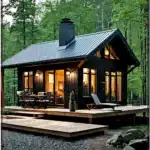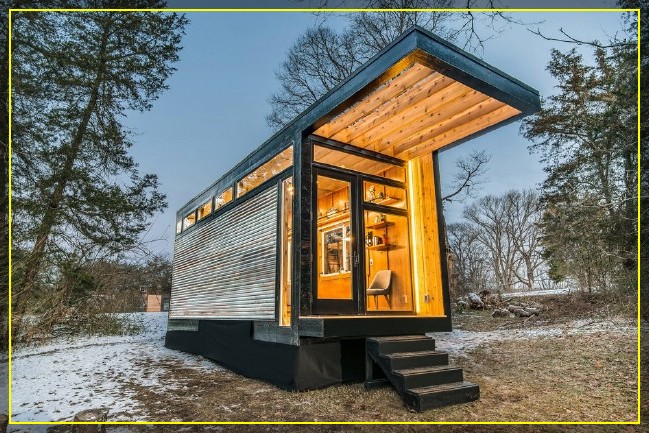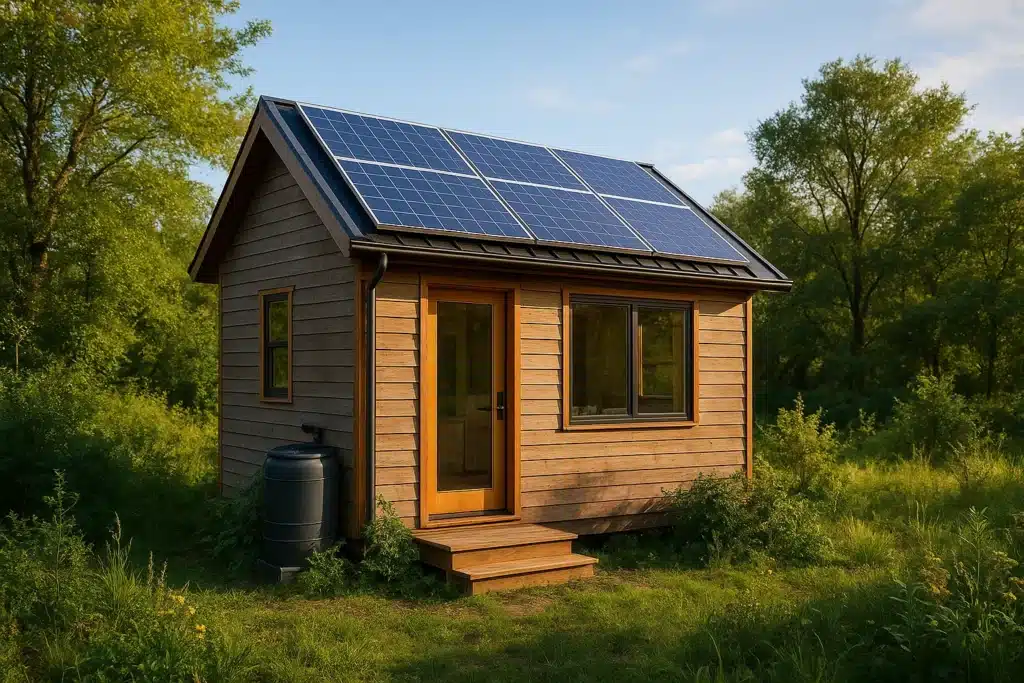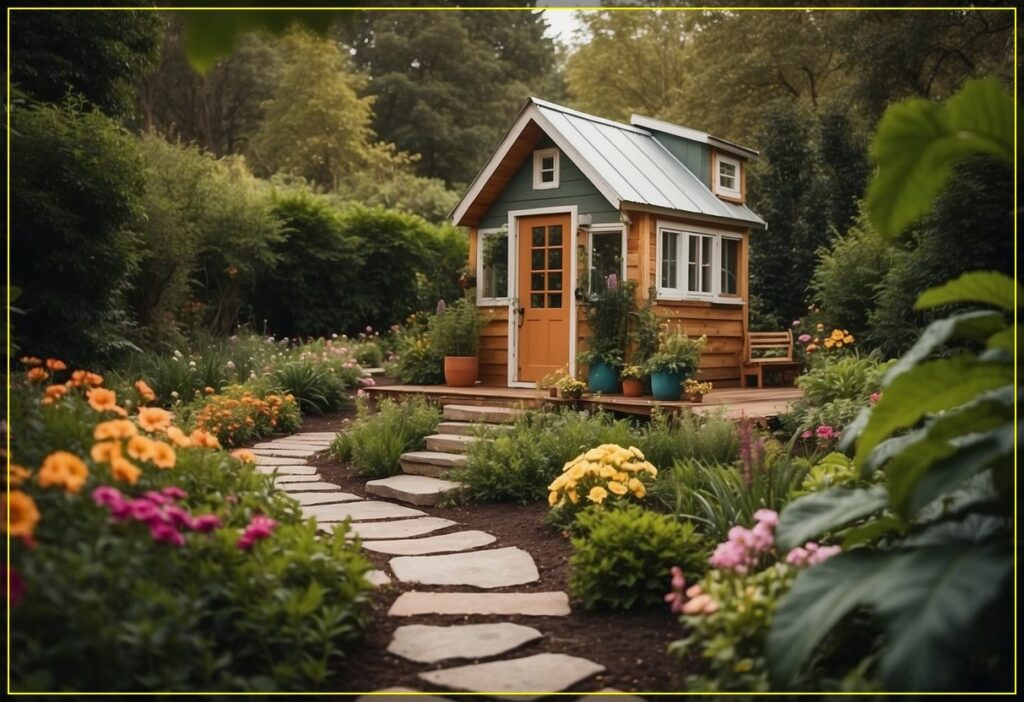As more people look to simplify their lifestyles, reduce expenses, or travel full-time, the question often arises: Tiny house vs RV—what’s better? Both offer a minimalist lifestyle and a way to break free from the traditional housing market. But while they may seem similar, tiny houses and RVs are very different in terms of comfort, mobility, cost, and lifestyle. Understanding the key differences will help you decide which option is best for your needs.
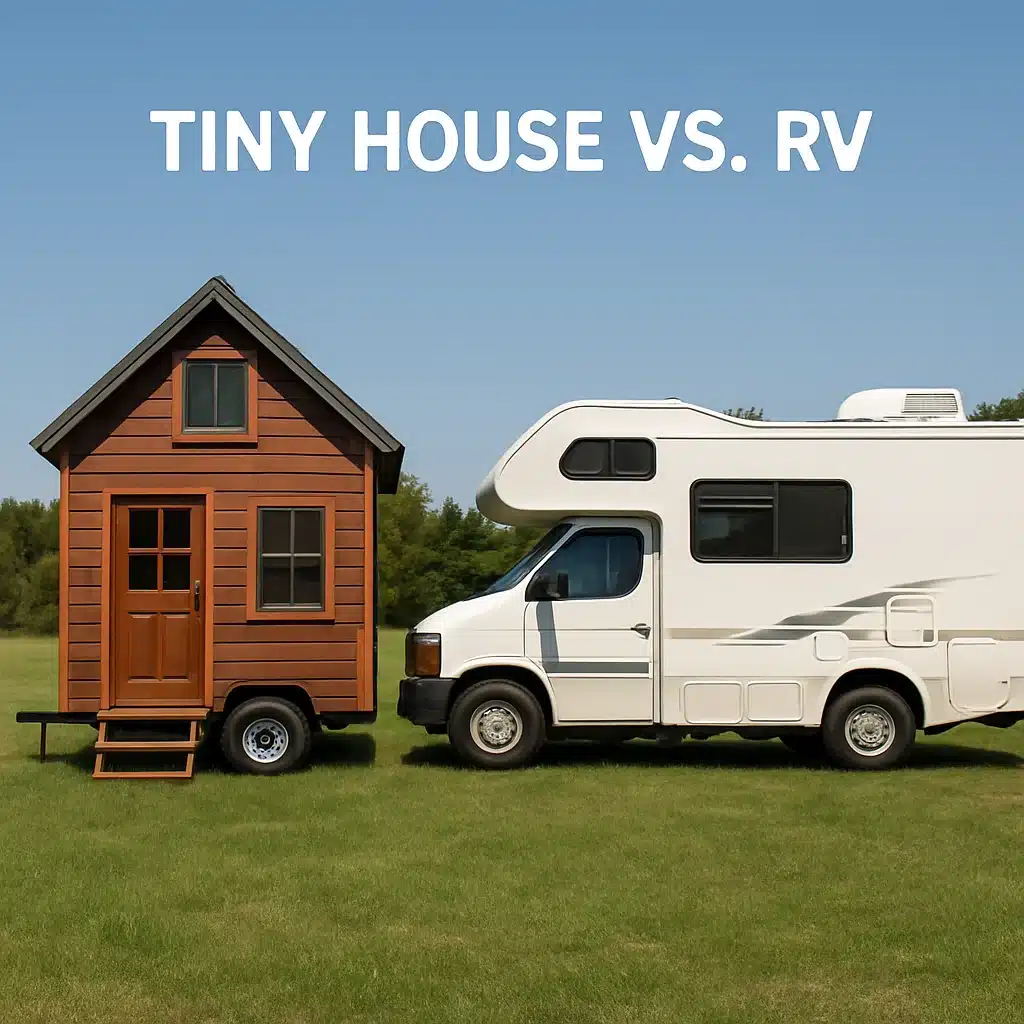
1. Mobility: RVs Are Built to Move
If your goal is to travel frequently, RV living is probably your best option. RVs (Recreational Vehicles) are designed for mobility. They’re lighter, easier to drive, and built for highway travel. Whether you’re planning a road trip across the U.S. or hopping from one RV park to another, an RV provides the flexibility to move with ease.
Tiny houses on wheels are mobile, but they’re much heavier and harder to tow. Most tiny homeowners move their home only once or twice. If you’re planning to stay in one location for long periods—or park your home on private land—a tiny house may be a better fit.
2. Comfort and Customization: Tiny Houses Feel More Like Homes
Tiny houses are known for their home-like design and customization. You can build a tiny house to suit your exact preferences, from full-size kitchens and custom woodwork to loft bedrooms and luxury finishes. They also offer better insulation and energy efficiency compared to most RVs.
RVs, while convenient and ready to go, tend to feel more like vehicles than homes. Most models are built with lightweight materials to improve fuel efficiency, which can limit comfort and aesthetic appeal. While high-end RVs exist, they’re often more expensive and still less customizable than a tiny home.

3. Cost and Financing: RVs Are Cheaper Upfront
When comparing the cost of a tiny house vs. RV, RVs usually have a lower upfront price—especially if you buy used. Entry-level travel trailers can cost as little as $10,000–$30,000, while a custom tiny house can range from $40,000 to over $100,000, depending on size and materials.
However, RVs depreciate quickly—just like cars—while tiny houses tend to hold their value longer, especially if built on a solid foundation or parked on owned land. Tiny homes can also be a better long-term investment if you plan to live in one full-time.
4. Zoning, Parking, and Legal Considerations
RVs are recognized as vehicles, so they’re generally easier to register and insure. They can be parked in RV parks, campgrounds, or anywhere overnight parking is allowed.
Tiny houses often face zoning and permitting challenges, especially if you plan to live in one full-time. Local regulations vary widely. Some areas embrace tiny homes as affordable housing, while others restrict their use or require them to meet building codes.
5. Sustainability and Off-Grid Living
For eco-conscious living, tiny homes are usually the winner. They can be designed to be off-grid with solar panels, rainwater collection systems, composting toilets, and energy-efficient materials. This makes them ideal for long-term, sustainable living.
RVs can also be outfitted for off-grid use, but they typically rely on campground hookups and propane. They’re better suited for short-term off-grid stays rather than full-time, sustainable living.

Final Thoughts: Tiny House vs RV – Which Is Right for You?
If you crave freedom on the road, short-term stays, and easy mobility, an RV might be your ideal lifestyle choice. But if you want a cozy, permanent-feeling space with the ability to live off-grid or settle down long-term, a tiny house offers more comfort and personalization.
Ultimately, choosing between a tiny house or RV comes down to your lifestyle goals. Are you looking for constant travel or a simple, sustainable home base? Either way, both options support a life of freedom, minimalism, and adventure.



